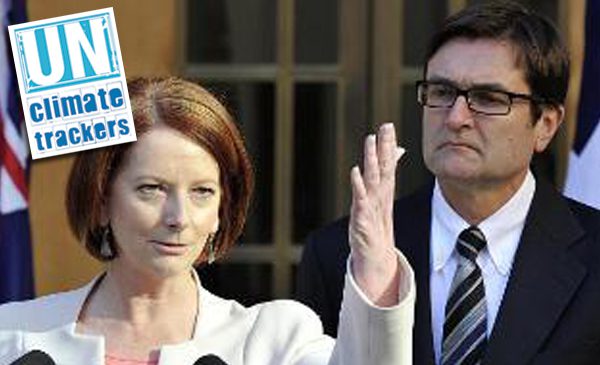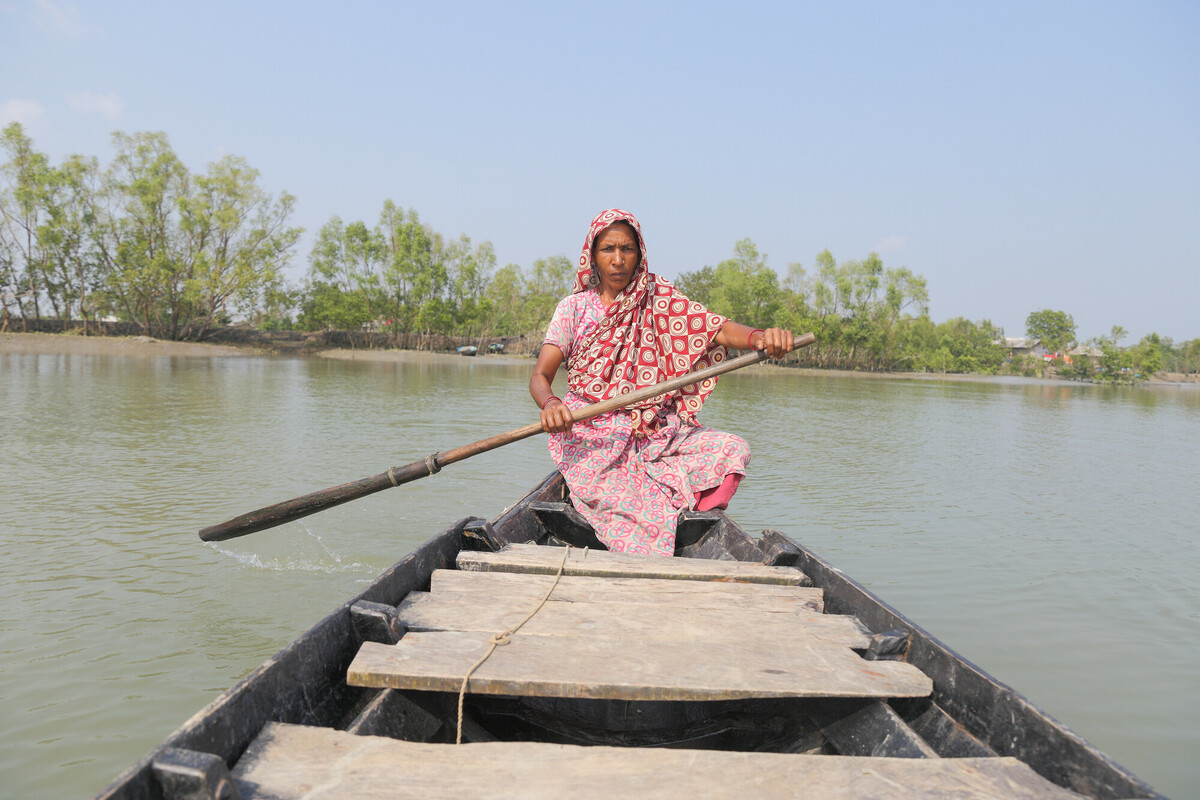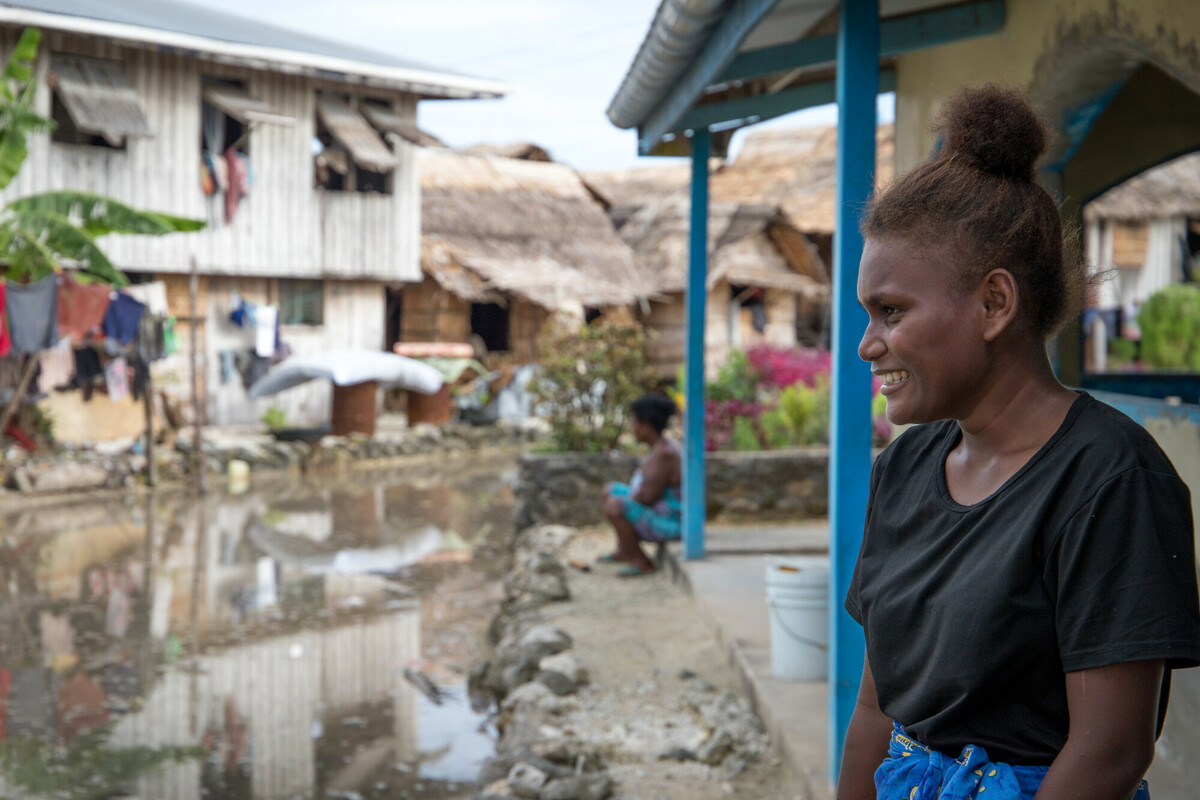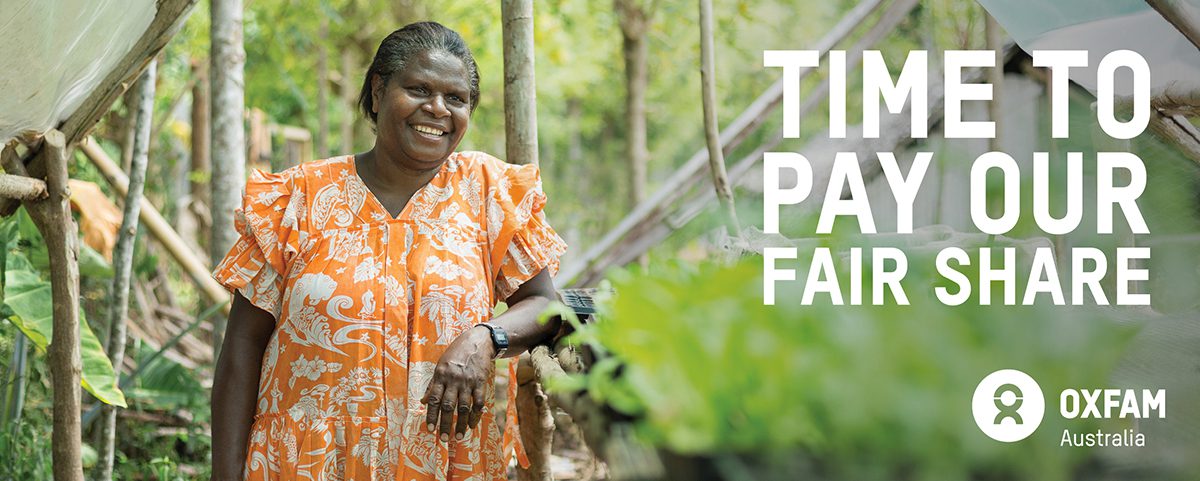For the first time ever the UN climate negotiations are being held in China. The city of Tianjin is hosting the final week of talks before the major climate summit in Cancun in December.
This is also the first time our climate negotiators are on the international stage representing our new government.
Talking with Australia’s head of delegation in China I had the opportunity to get a handle on Australia’s negotiating position in our new political context.
Louise Hand is Australia’s Ambassador on Climate Change and our lead negotiator. Her comments provide a unique insight into Australia’s game plan as we move towards Cancun.
The day we organised to meet was the second day of the negotiations and a busy one. The first day was largely filled with the formalities that occupy the opening of UN events, and today was start of the gritty business. In the morning a senior negotiator from a different delegation commented to me that in terms of the negotiations “there were blue skies yesterday… but today we can’t see far at all”.
In our meeting Louise was more optimistic. She sought to draw attention to the positive and hopeful signs around the negotiations. In particular, a series of workshops the Australian government has been hosting around greenhouse gas mitigation.
I have attended a couple of these forums and they provide a space for countries to outline domestic action they are taking outside the auspices of the official negotiations. Louise suggested that the Australian delegation is playing an “advocacy role to seek progressive action by all countries.”
In terms of expected outcomes both at Tianjin and Cancun, Louise said “Australia will work towards a balanced package” said Louise. This seems to be the new word moving around the negotiations, “balance”. Alas, its innocent and friendly exterior is accompanied by a range of very different, and at times contradictory, understandings. Everyone wants a balanced package it seems – though many are still talking about the goodies on their side of the scales, not their neighbours’.
But Louise insisted that Australia is clear on what constitutes balance. She said “it’s something that captures the mitigation commitments of the major economies, provides a broad range of generous and timely assistance to developing countries and has a robust environmental impact”.
On the critical question of whether Australia is acting as a leader I didn’t get the upbeat answer I expected. Louise described Australia as a “constructive player” and suggested that Australia “is committed to making a high quality contribution to the negotiations”. She went on to state that “the countries with most influence to progress or frustrate negotiations are the major emitters, many of whom are already doing impressive things domestically”. Louise also highlighted that the new government under Prime Minister Gillard and Climate Minister Combet, “was strongly focused on building a domestic agreement on a mechanism to deliver Australia’s bipartisan target and establish a price on carbon”.
I think it’s important to acknowledge the effort the Australian delegation is putting into this process. No one will deny that the team is intelligent and works really hard. Running open discussions on mitigation is good. Being constructive is great. But to be frank, it’s not enough.
It’s not enough in a world where human induced climate change is devastating lives and livelihoods. This past year has provided a terrifying reminder of the potential impacts of climate change. Floods in Pakistan. Fires in Russia. Record heatwaves. Climate change is no longer just a potential future threat: it is unfolding, and it will worsen if the world prevaricates.
In my view, there are examples internationally of countries smaller than Australia stepping up to be climate leaders. In one of Australia’s own progressive mitigation workshops, in August, Colombia made a strong case for leadership from middle income, middle-polluting countries. Colombia’s presentation described their efforts to intensify low-carbon planning. A middle-income country, with 0.32 per cent of global emissions has taken it upon themselves to try to be a mitigation leader. The Columbian presenter stated “small countries can do something and lead the way.” Australia had the courage to organise this event, and I believe Australia can also learn from those who have presented.
In the realm of international climate talks Australia is certainly not a leader. We don’t have a price on carbon pollution, we are the world’s largest exporter of coal and we do not have strong greenhouse gas reduction targets just to name a few embarrassing failures.
But are we a laggard? Are we falling behind on domestic action?
I believe that these negotiations in Tianjin, and Cancun in December, provide an opportunity for Australia to show leadership. To demonstrate that we are not a laggard and want a safe climate for all.
Australia needs to be bold. To step out and show the world that we are committed to real action that matches what the science requires, even when some others refuse to act.
I believe that Louise Hand and her negotiating team want a safe climate for all. I believe they are ready and poised to push further in the negotiations. To be ambitious, but also to be generous.
Our newly formed government needs to give our negotiators a stronger mandate. A mandate to lead in the climate marathon for the sake of Australia, and all humanity.
This article was first published on ABC’s The Drum on 08/10/10



